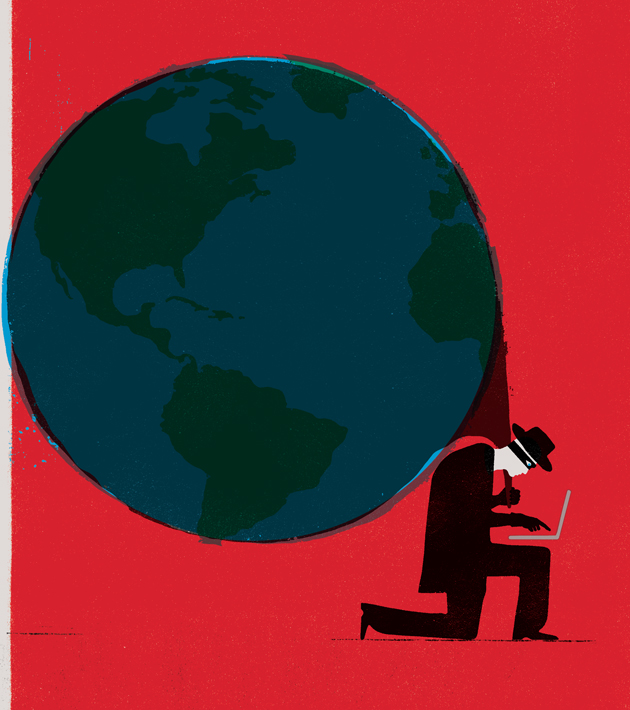One Saturday morning in June, two days after the president had announced his intention to withdraw the United States from the landmark Paris climate agreement, Michael Mann was tweeting about Donald Trump.
Mann, a Penn State professor who is one of the world’s most prominent climate scientists, was thinking about the daily barrage of revelations surrounding Russia’s efforts to help Trump win the previous year’s election. The hacked Democratic documents posted on WikiLeaks. The media craze over private emails that had been ripped out of context. Smear campaigns circulating on social media.
“#Russia #Wikileaks #HackedEmails #Sabotaged #ClimateAgreements,” tweeted Mann. “Why does this story sound so darned familiar?”
Mann, a Penn State professor who is one of the world’s most prominent climate scientists, was thinking about the daily barrage of revelations surrounding Russia’s efforts to help Trump win the previous year’s election. The hacked Democratic documents posted on WikiLeaks. The media craze over private emails that had been ripped out of context. Smear campaigns circulating on social media.
“#Russia #Wikileaks #HackedEmails #Sabotaged #ClimateAgreements,” tweeted Mann. “Why does this story sound so darned familiar?”
